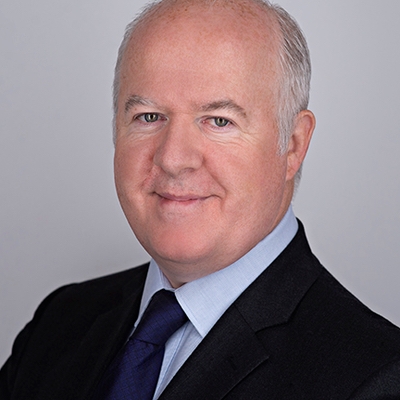I was taken aback this week while watching the FCA’s virtual Annual Meeting by the strength of criticism by the FCA of Google and other search engines for failing to stem the tide of bogus financial advertising and the heartache and compensation bills that follow in its wake.
FCA chairman Charles Randell, a measured and cautious man, was clearly incensed by the way Google and other search engines and social media seem to routinely allow scammers to advertise so easily to UK investors, causing a huge workload and cost for the FCA and FSCS.
If I were working for Google I would be worried. Clearly Google and other search engines are in the sights of the watchdog and reform is likely. Reform is needed “urgently” as Mr Randell pointed out.
It’s not just search engines. Mr Randell said scammers were increasingly using social media such as Twitter and Instagram and even so-called social media ‘influencers’ are being used to push suspect investments.
FCA lambasts scam ads on Google and social media
It’s been apparent for some time that many vulnerable investors start their ‘scam journey’ online via a search engine. They are fed up with low returns from bank accounts and want their money to work harder so they naturally search online. Inevitably they will find, among the genuine offers, crooks promising high returns, often using words like ‘guaranteed returns’ or ‘high annual returns’ in the heading. Promised returns could be anything from 5%, 6%, 7% more. I’ve seen returns of up to 12% to 15% promised. Victims are hooked easily, perhaps mistakenly thinking they are covered by legislation and compensation schemes.
The FCA knows this and is exasperated. It’s arsenal of tools to deal with this is limited but the Online Harms Bill, promised by government, could be a solution. It’s aimed widely at all kinds of online harm, including self-harming, but could also include legislation to tackle promotion of online scams. Unfortunately unless the government hits the accelerator it could be 2023 or later before it becomes law.
In the meantime the FCA is faced with a surge in online scams. In fact most scams are now online because they are so easy to get away with. Many of the firms promoting scam investments are based overseas but not all. The failed London Capital & Finance mini-bond firm, which is causing a huge workload for the FCA and the FSCS, was UK based. Many of its clients found it via a search engine.
Mr Randell was also annoyed by the fact the FCA now has to pay Google a significant sum to advertise scam warnings on search engine results pages which feature suspect financial promotions. It’s ironic that search engines seem to be making money out of both the scammers and the watchdog.
For Financial Planners there are major issues here. Firstly the scammers take money off vulnerable investors who often have nest eggs or life savings to invest and should be seeing a Financial Planner so there is lost business there.
Equally important is the compensation issues. Online scams are creating a growing number of compensation claims and ultimately planners and the sector have to pay for that via the FSCS.
Tightening up the advertising rules on financial promotions, voluntarily or with the weight of legislation behind it, is the only logical way to go for Google and others who fail to vet advertising properly. Restricting financial advertising to fully UK authorised firms only would be a major step forward until legislation is in place.
Google is a modern marvel and a service nearly all of us rely on these days but it needs to get its house in order when it comes to financial advertising.
• You can now subscribe to Financial Planning Today magazine to enjoy a host of benefits. Click here for details: Financial Planning Today Magazine https://www.financialplanningtoday.co.uk/fp-today-magazine
Kevin O’Donnell is editor of Financial Planning Today and a financial journalist with 30 years experience. This topical comment on the Financial Planning news appears most weeks. Follow @FPT_Kevin

